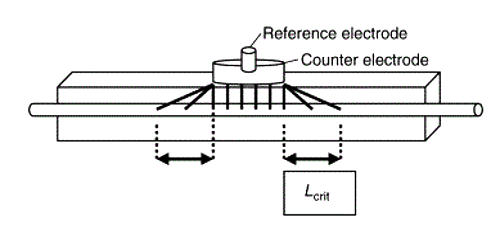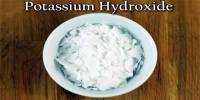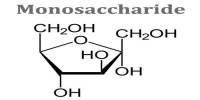Insulin is a hormone made by the pancreas in the body that controls the glucose level in the blood. It is a hormone that is responsible for allowing glucose in the blood to enter cells, providing them with the energy to function. It is a vital hormone that controls how cells and tissues absorb energy as well as the breakdown of fats and proteins.
People who cannot make insulin in their bodies, or who make it but their body cannot use it properly, have the disease diabetes. A lack of effective insulin plays a key role in the development of diabetes. In some people, the immune system attacks the islets, halting insulin production and leading to type 1 diabetes. When blood glucose levels fall below a certain level, the human body begins to use stored sugar as an energy source through glycogenolysis. This process breaks down the glycogen stored in the liver and muscles into glucose which can then be used as an energy source. Type 2 diabetes occurs when insulin resistance coexists with a lack of compensatory increase in insulin production.
Insulin is a chemical messenger that allows cells to absorb glucose, sugar, from the blood. It is a central metabolic control mechanism. Insulin is also used as a control signal to other body systems (such as amino acid uptake by body cells). In addition, it has several other anabolic effects throughout the body. Insulin affects vascular compliance and cognition. People can take insulin shots to counteract the effects of insulin resistance.
Human insulin is a peptide hormone composed of 51 amino acids and has a molecular weight of 5808 Da. The pancreas is an organ behind the stomach that is the main source of insulin in the body. The islets of Langerhans in the pancreas produce insulin. The name comes from the Latin insula for “island”. Insulin’s structure varies slightly between species of animals. Insulin from different animal sources has different effects on the human carbohydrate metabolism process. The higher the level of glucose, the more insulin goes into production to balance sugar levels in the blood. When there’s too much glucose in your bloodstream, insulin signals your body to store the excess in your liver. Porcine insulin is especially close to the human version. If insulin levels are too low or high, excessively high or low blood sugar can start to cause symptoms. So, people with diabetes can take insulin extracted from pigs instead of producing their own insulin.
















